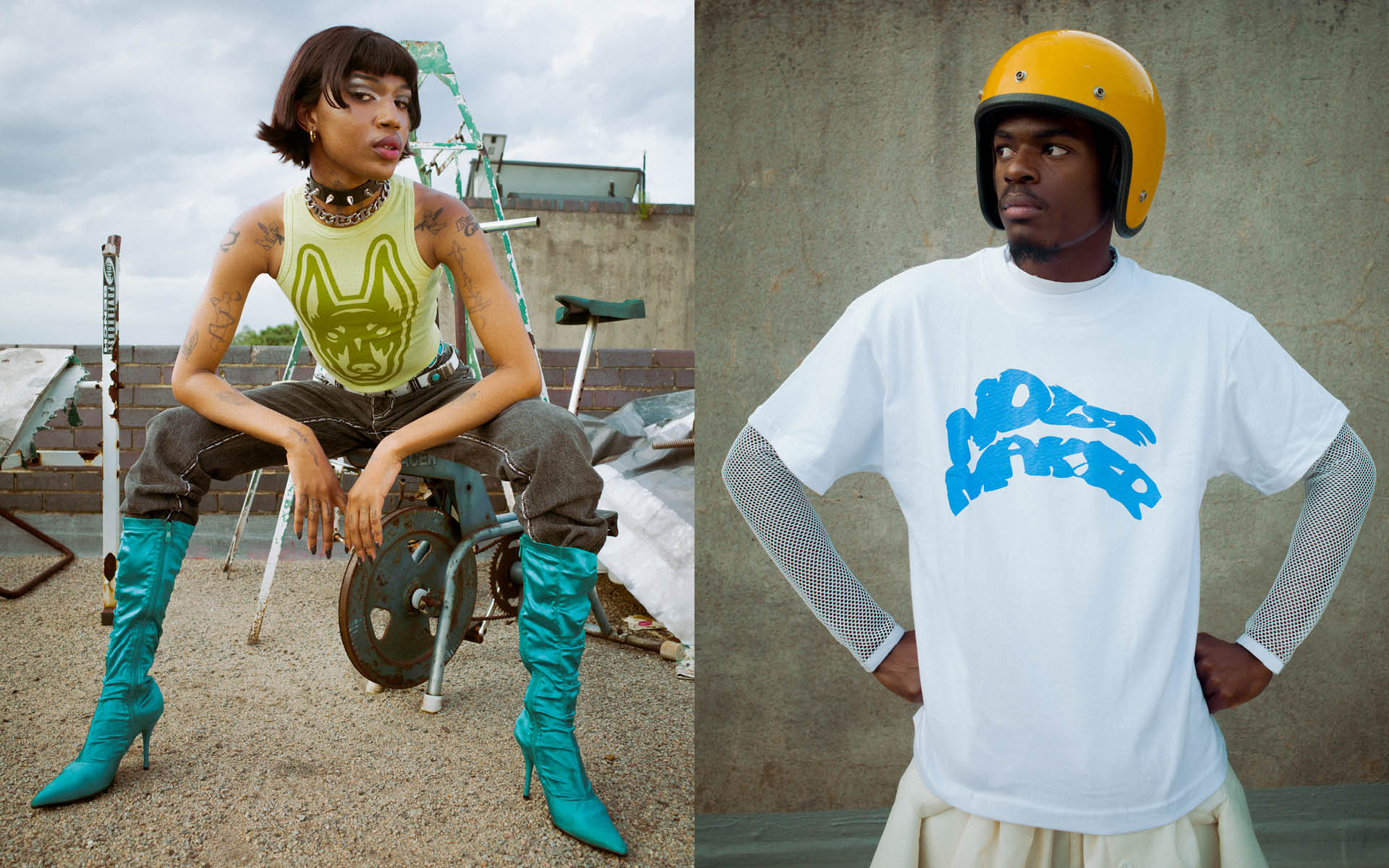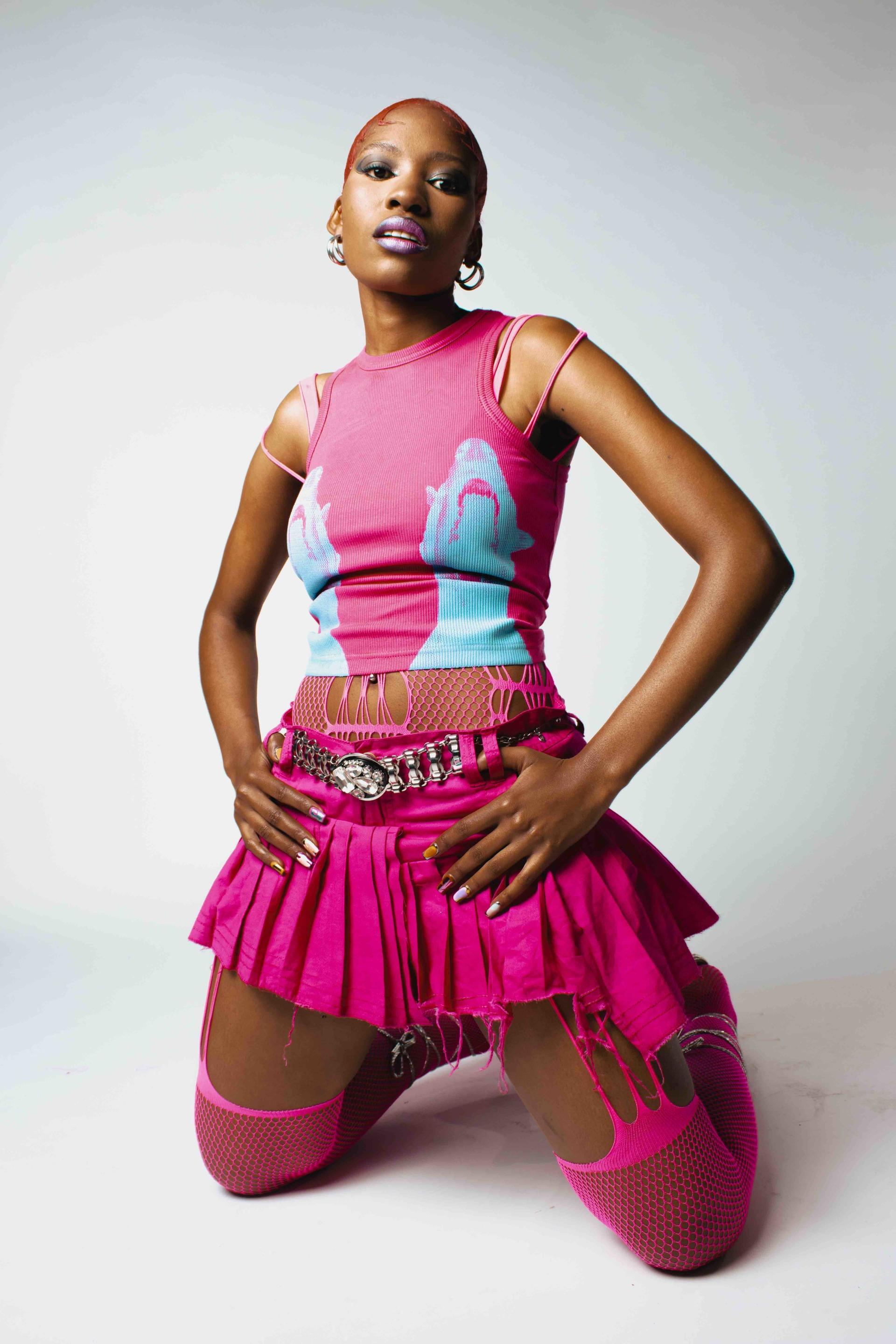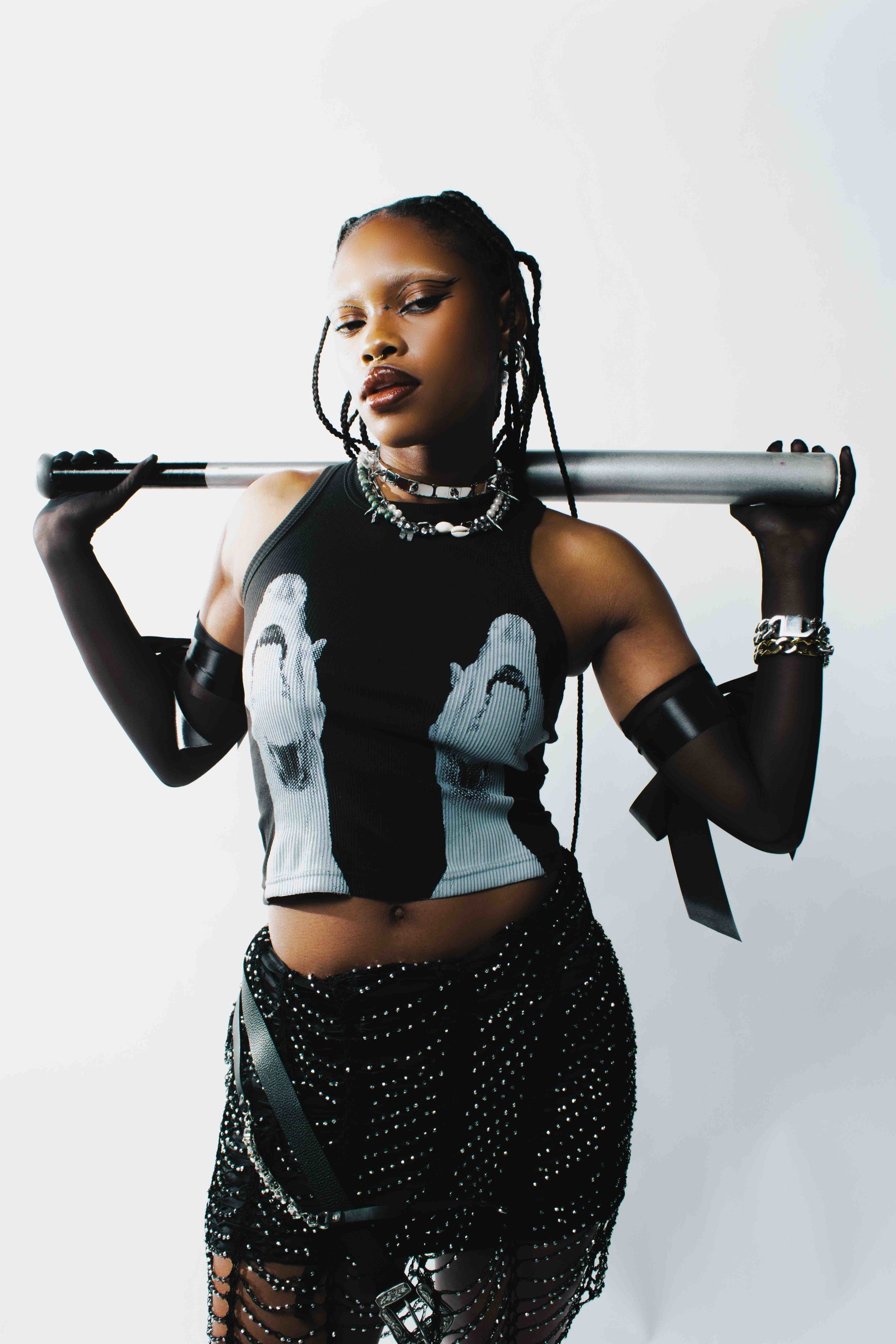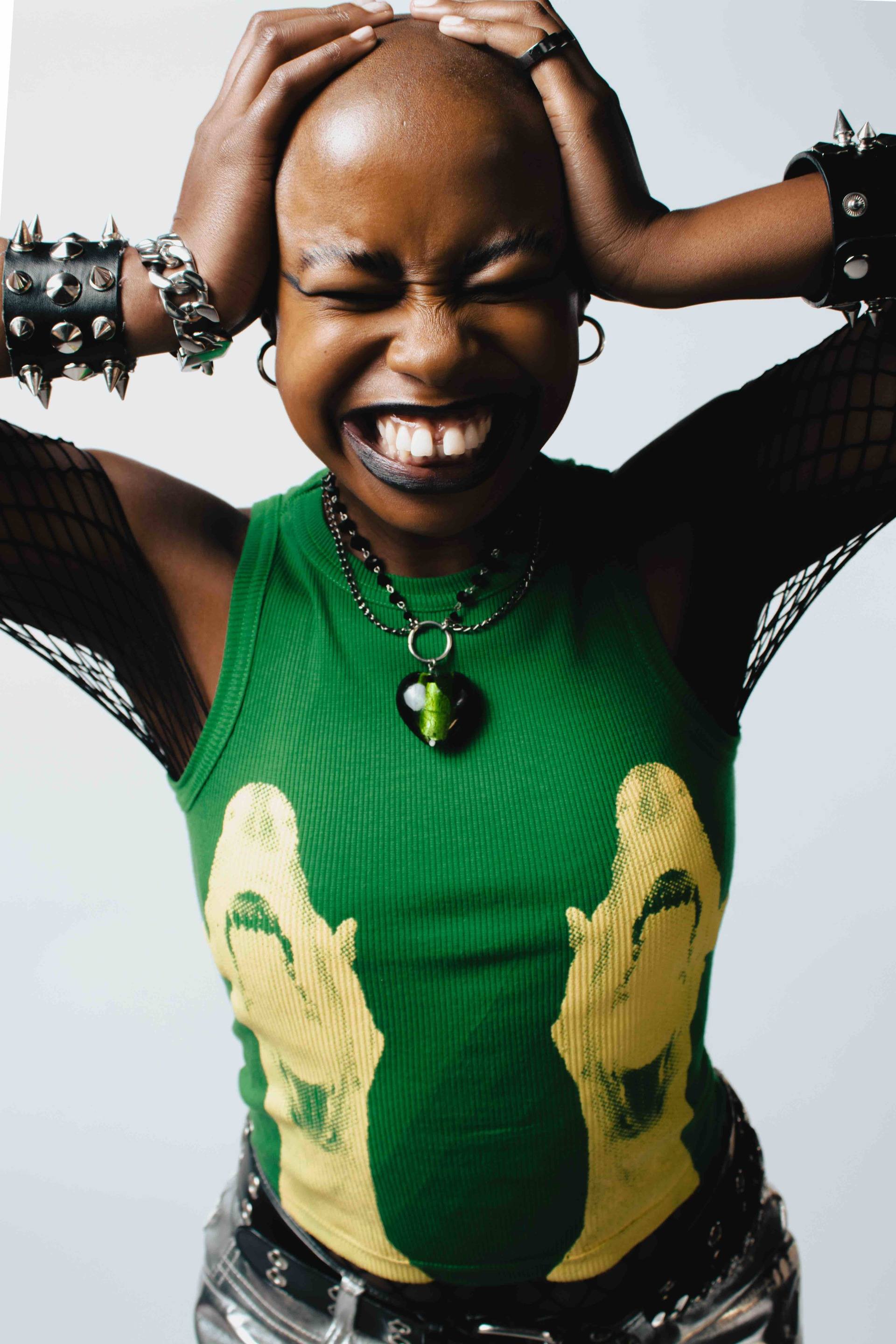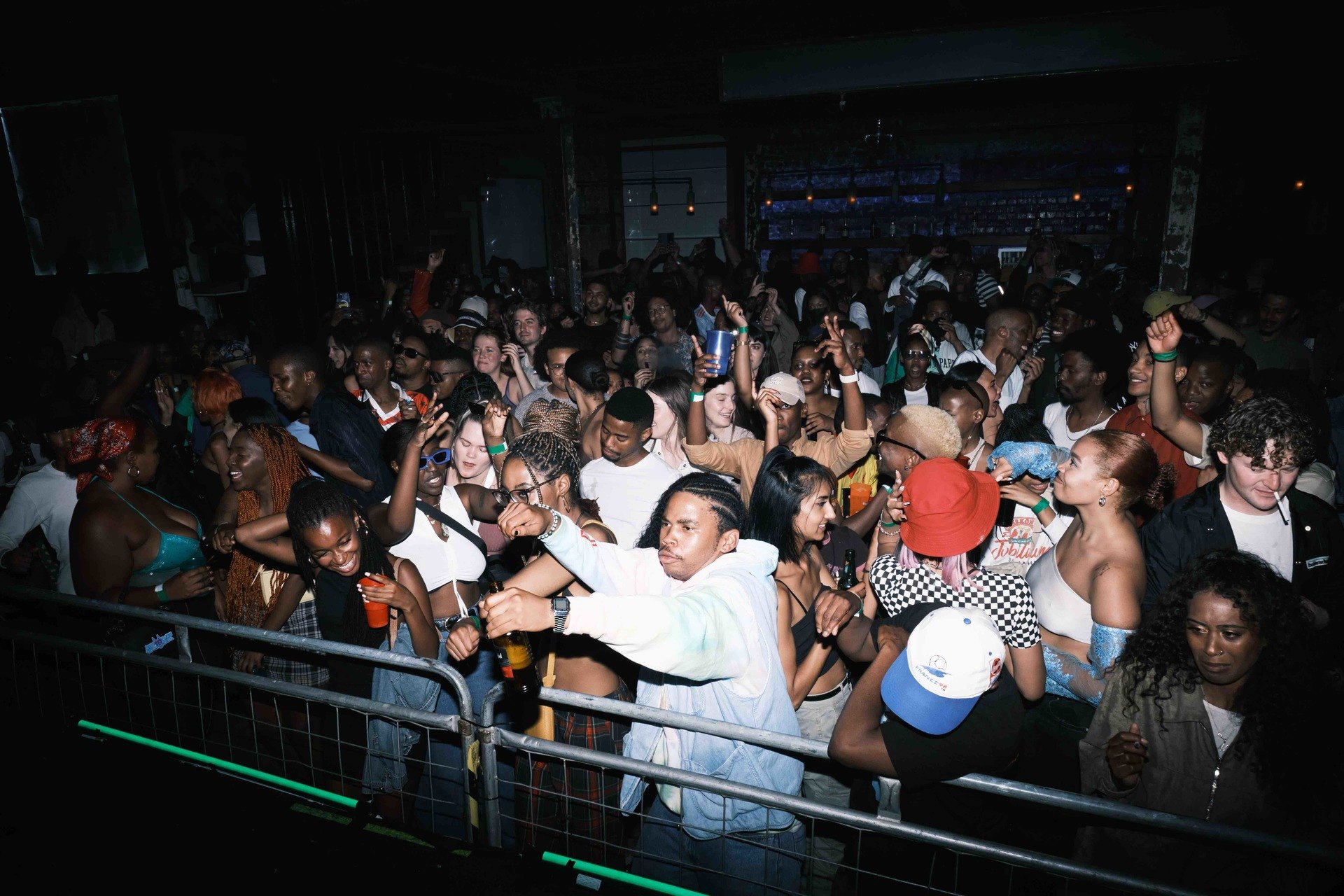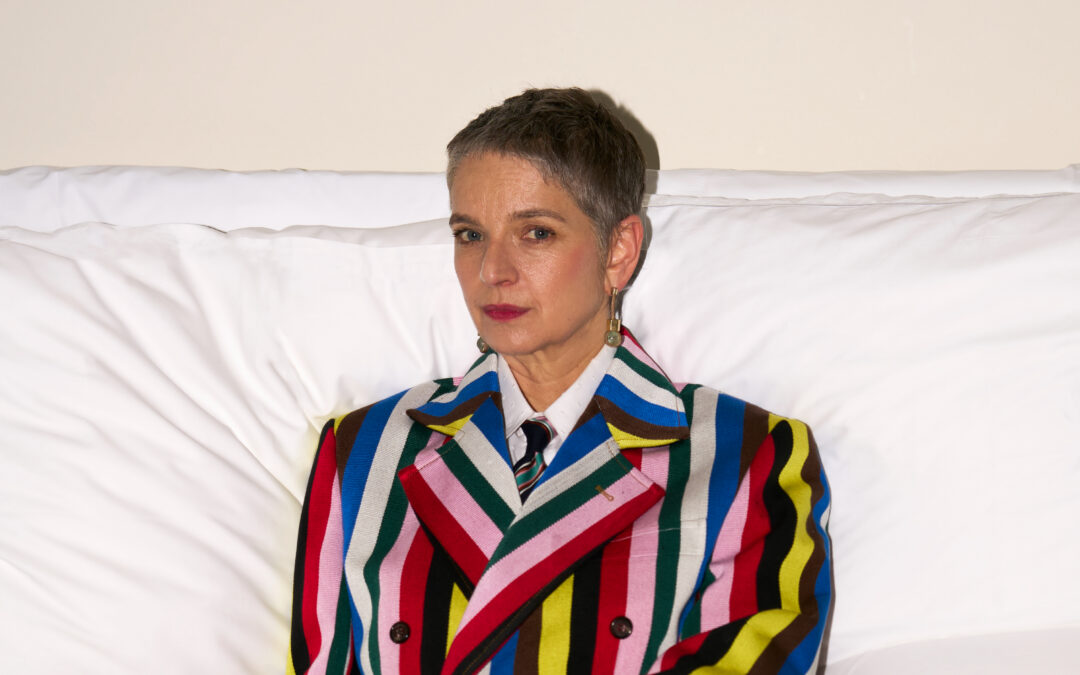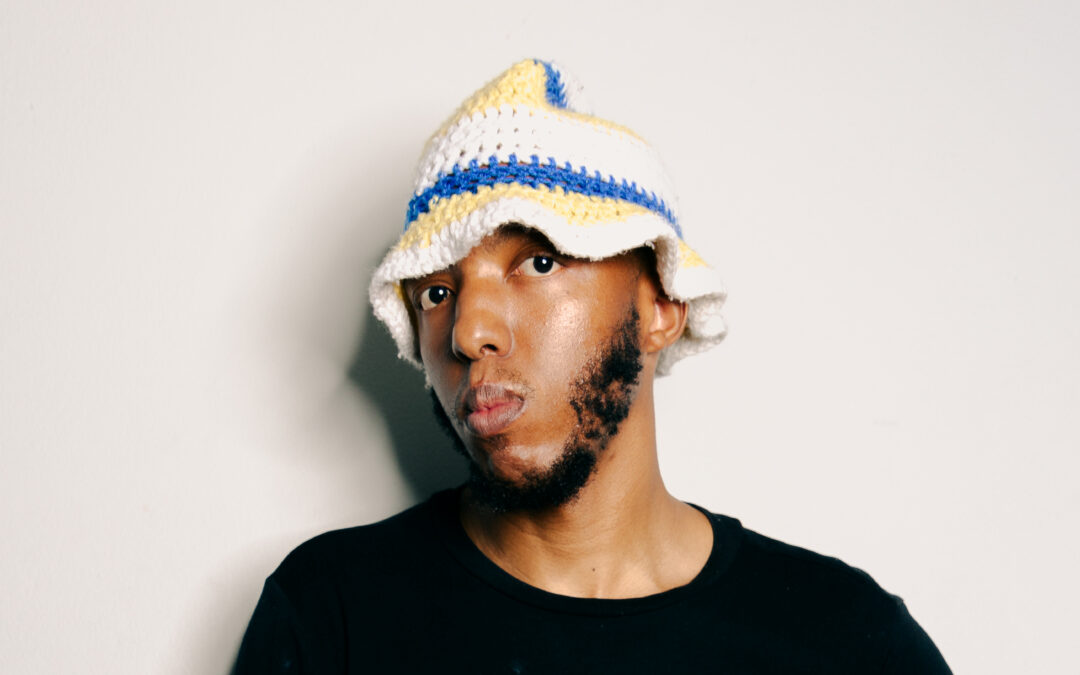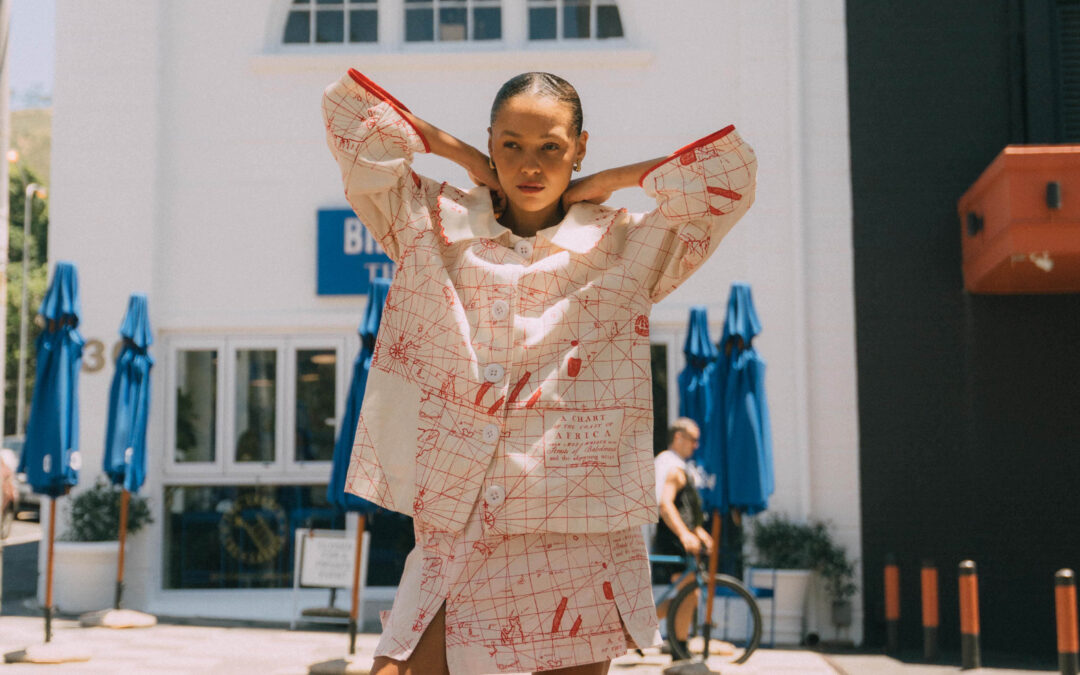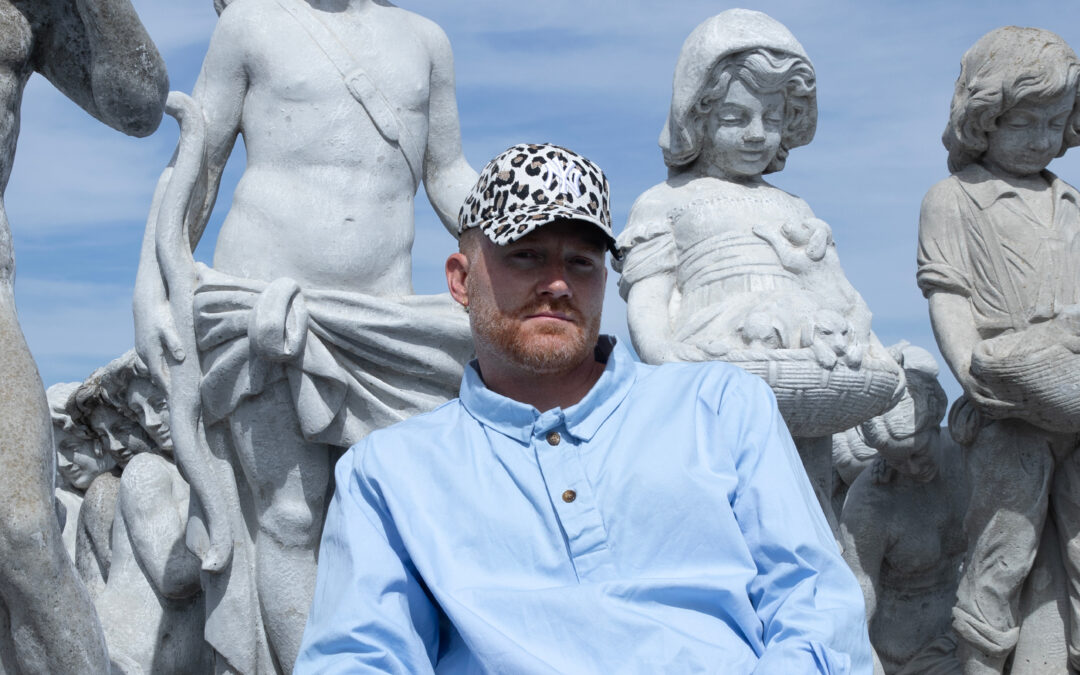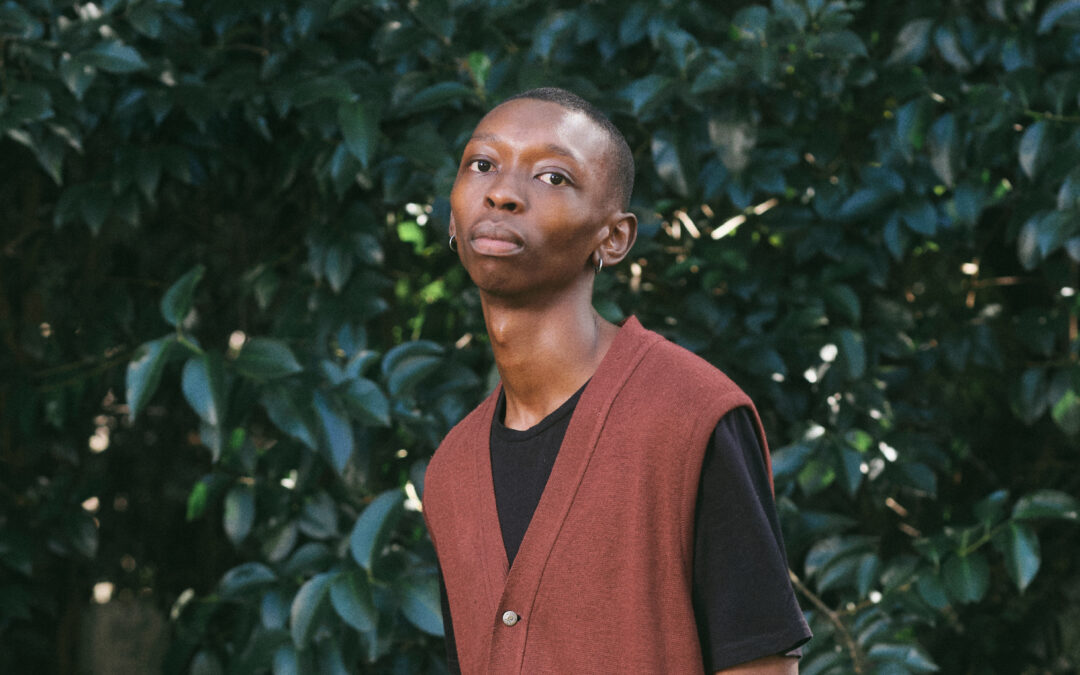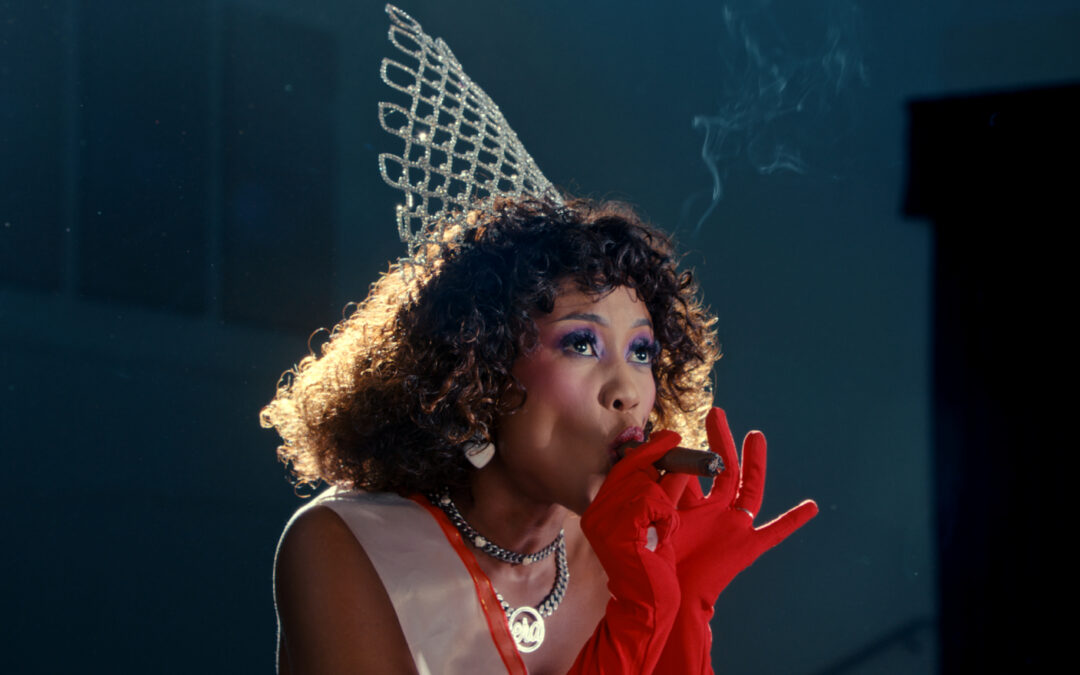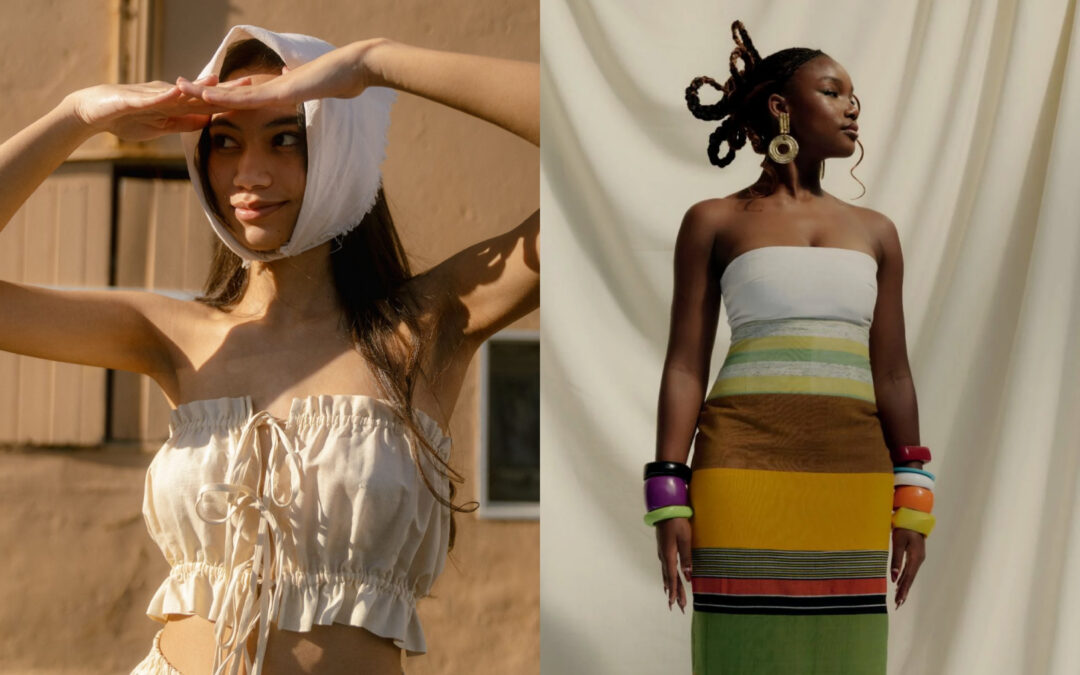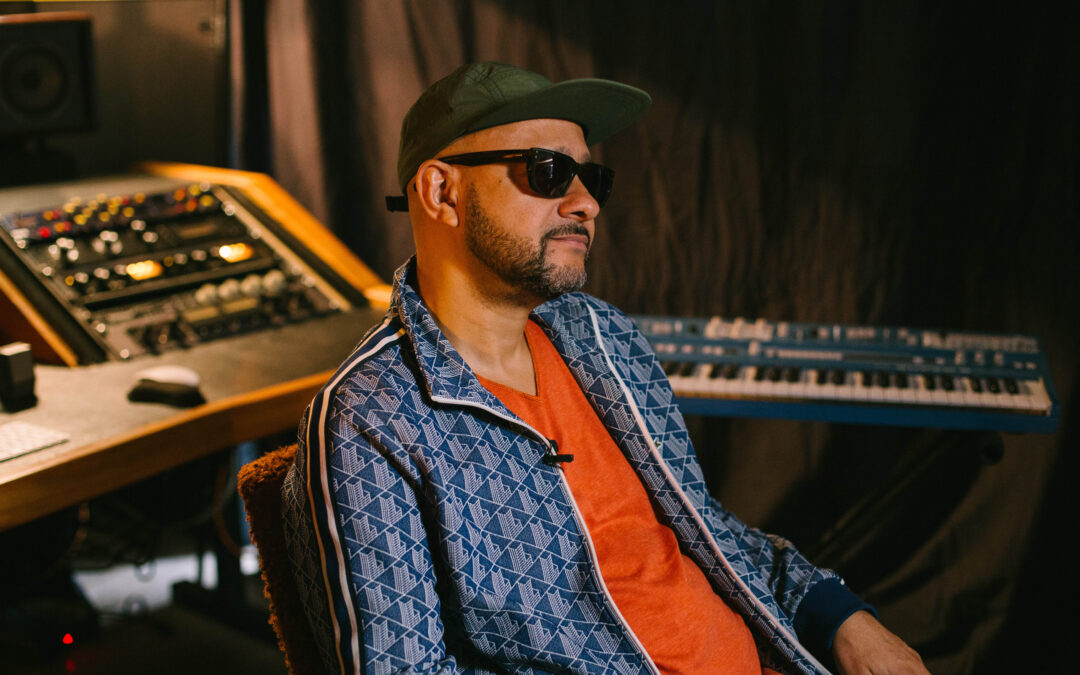All of the greatest creative pursuits are born from rebellion. For sonic-led fashion brand Backyard, rebellion is their philosophy and ‘Make Noise, Not Friends’ is their manifesto. As a testimony to the detailed-oriented, world-building vision so critical to developing a brand that becomes a movement; Backyard is the visual, tactile culmination of a few house parties that happened some years ago, in south Joburg. Now, Backyard Group is a multi-thread vessel of South African potential, conceived for international status. As a collective, agency and brand, Backyard draws together the sounds and styles of subculture into a movement that offers experiences, a clothing brand, co-creative collaboration – and one of the strongest campaigns we have ever seen to originate from South Africa. I don’t say this lightly.
One of Backyard’s co-founders, Shadin Kara, explains their origins, “Backyard unofficially started around 2018 in the south of Johannesburg. I used to throw house parties with my friends – that’s actually how we got the name, it was literally in a ‘backyard’ – and it became quite a success. We wanted to bring something to younger creatives in the south of Joburg who maybe didn’t find accessibility so easily into Joburg events. At that time, it was very hip hop centred. Initially, it was just a space for ourselves, but when we started bringing the parties around the rest of the city – we saw there was a real space for what we were doing.” Born out of a sense of separation from the relatively saturated and exclusive dynamics of Joburg, the initial success of spreading Backyard indicates a kind of truth; creatives everywhere tend to suffer with imposter syndrome and the only remedy for this is connection. Backyard is one of the beautiful products of the 21st century’s digital age, as a movement that understands the power of physical experiences – and this hybridised vision is arming them for the border-less world that we are witnessing creativity push in this decade and beyond. Shadin explains the team dynamics, “we are currently a team of six. I have two other co-founders, Brandon and Kurt. We’re a mix of creatives – so Brandon is head of creative and a graphic designer, Kurt does marketing, then we have Amy Zama as our stylist and creative direction. We have Phuti as head of pattern-making and production and then Lily, who does our screen-printing.”

Backyard Campaign photographed by @Solosworld_
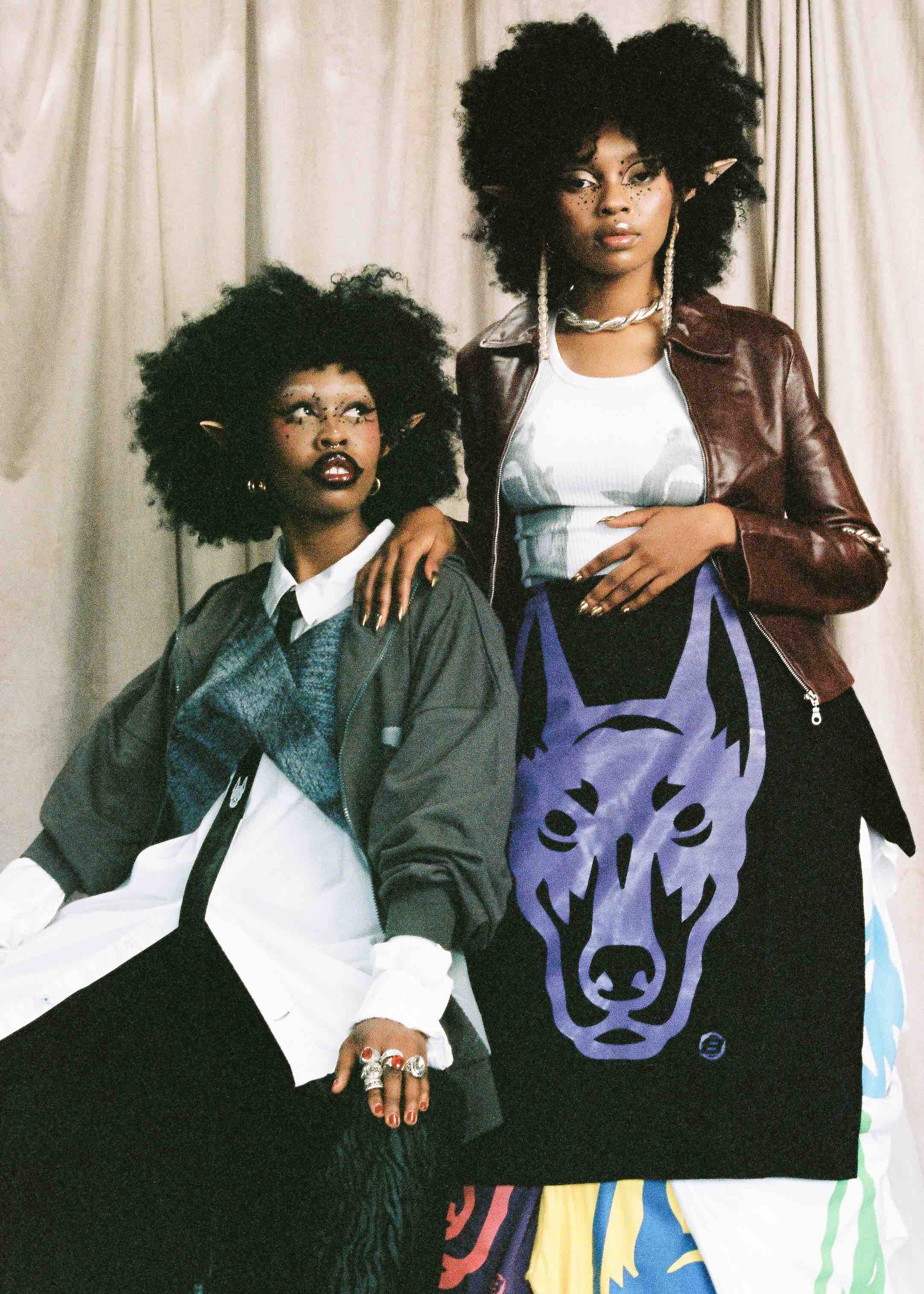
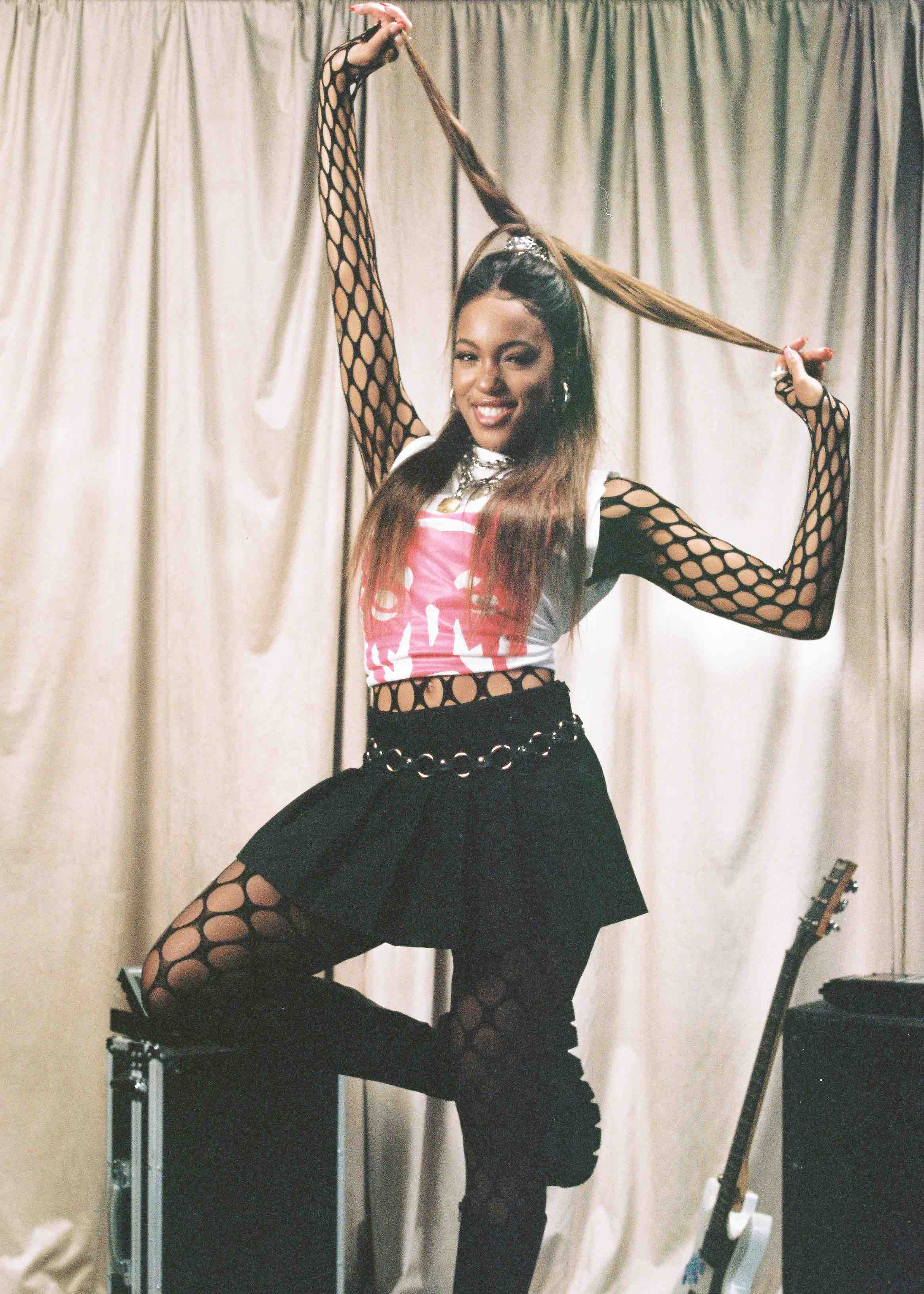
In 2020, COVID hit and suddenly Backyard was faced with lock-down restrictions. From this, the idea for a clothing brand was born – “as a team, we’ve always been tapped into different creative fields. So fashion is a natural consequence of that from my perspective – I was at LISOF and I always knew I wanted to do clothing, I just didn’t know how or when. COVID was really the catalyst for this. We were already doing activations for other brands and obviously with the restrictions, we had to find a way to keep the momentum going. We decided to put some of our savings into a studio in New Town and we started printing our own T-shirts.” Shadin says, explaining that Backyard as a clothing brand is one manifestation for their broader vision, “our background is in creating experiences – so we are focused on creating a world that people could live in. Clothing was the next step and it started as merch and now it’s slowly growing into its own clothing line.”
Visually, Backyard reads like its very own subculture. Drawing on references from punk, to y2k and cyber aestheticism – the brand effortlessly blends universal, cultural phenomena through a South African lens. This is their primary focus; to forge South Africa among the biggest international players from Berlin to Paris, Amsterdam, Tokyo and so on. I ask Shadin about the influence of subculture, to which he says “music has always been one of our first reference points. I’ve always been fascinated by how music influences how people dress, how they behave and connect. I was always interested in punk subcultures and the whole idea of rebelling – and not just going against something, but actually creating something of your own as a response to not having your own space. I think this is fundamental to Backyard, this notion of ‘self-making’ our own world.” In terms of their narrative, Backyard’s approach is founded on their lived experience, “as a collective, we all come from suburban backgrounds and middle-class contexts. It would be disingenuous for us to try to tell a story that was different to our lived experience – like the incredible collectives coming out of townships. We always bring back everything that influences us, from all over the world, back through our lens as South Africans.”
With a non-conformist attitude, “our focus is to build a brand that can compete on an international level, but still retains its South African energy. Involving creatives in South Africa is very important to us – collaboration has always been a part of how Backyard works. We look for creatives that are developing their potential, so between music and community – those are our two major influences.” explains Shadin, noting that multi-sensory experiences are foundational to how Backyard will always exist; this is why pop-ups are so critical to them.
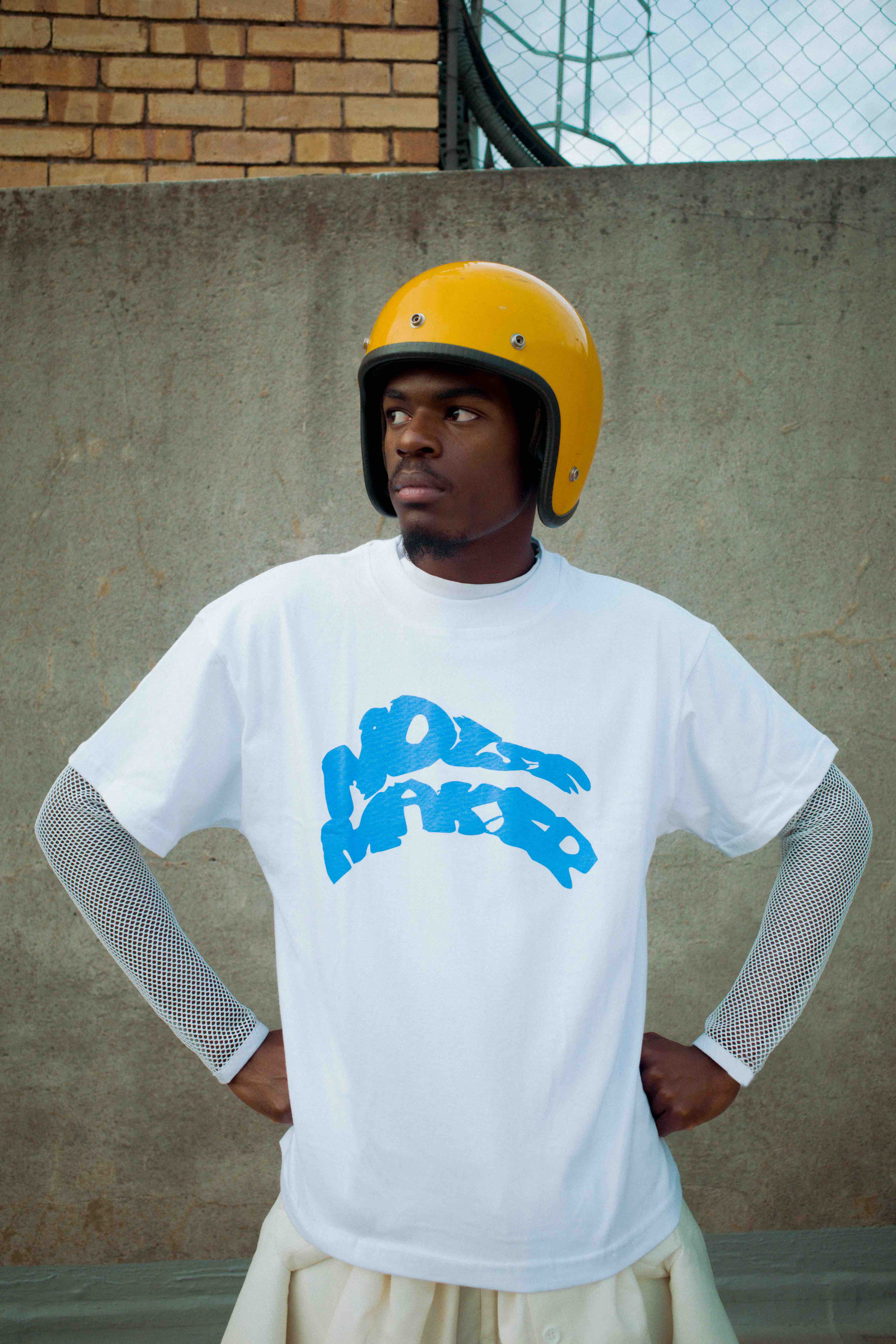
Quickstrike photographed by @Solosworld_
Backyard Vest photographed by @hlengiwelala
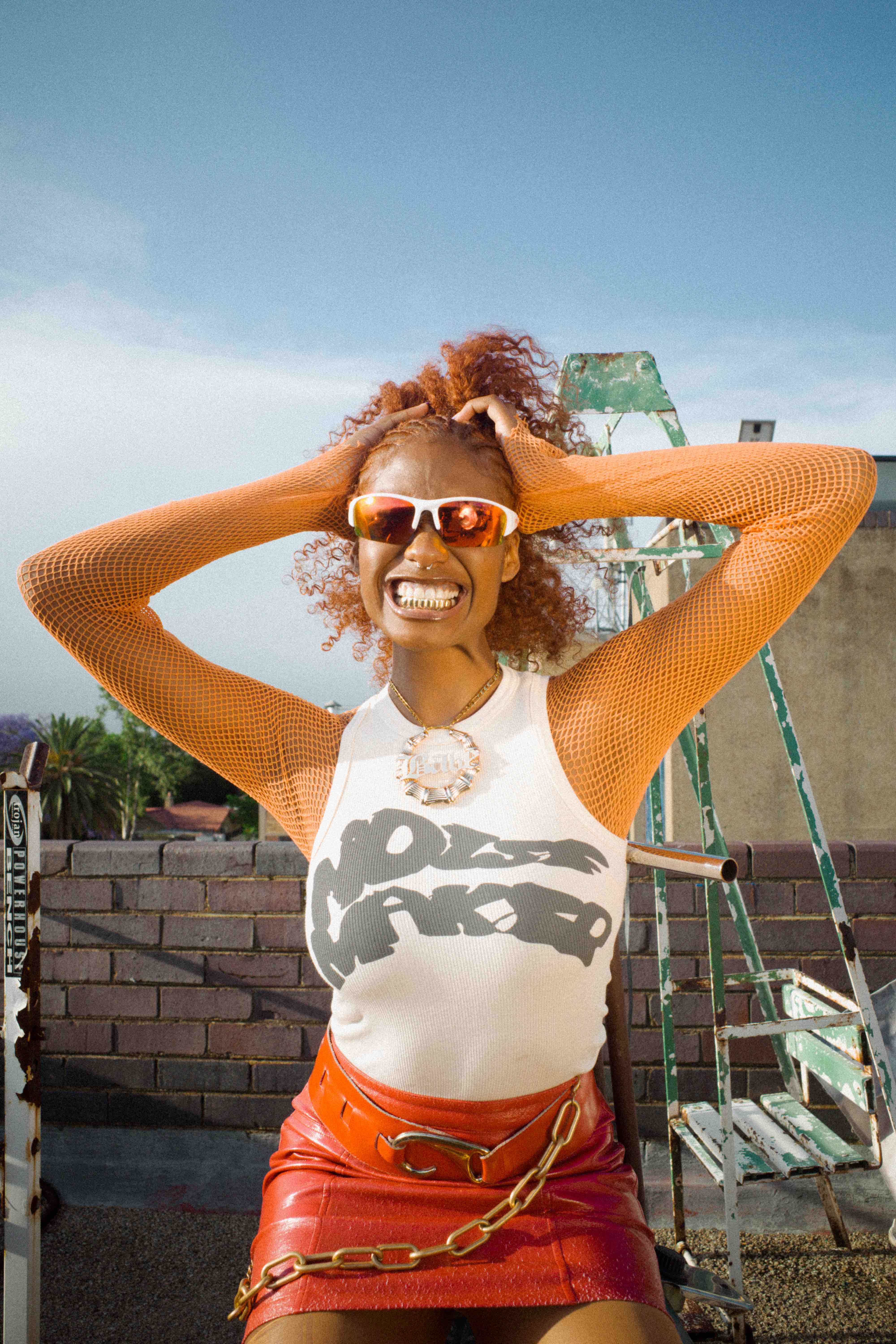
Quickstrike photographed by @Solosworld_
For their sonic experiences, Backyard are masters of creating momentary worlds in which connectivity and ambience are perfectly tuned to suit whichever context is required. Shadin notes their layered offering, saying that “the events side is composed of three entities. We have TREBLE, which is focused on African dance music – but in a setting similar to a nightclub in Berlin, for example. We have taken all these references that we have seen through the internet or experiences we’ve had ourselves – so instead of playing techno or acid house, we have Amapiano or Afro-tech. TREBLE takes place in autumn / winter, and is a nightlife experience. Then, RUMOUR is more of our day-time, eclectic offering – afro-beats, hip hop and RnB and that runs during summer. We don’t have house parties anymore – logistically they’re a nightmare.” A key focus for the brand is their vision for artist development – not as a record label would, but more as assisting an artist find their particular essence for a specific expression towards an audience. In this way, Backyard functions as curators for shaping South Africa’s creative culture, as Shadin says, “finally, we have our live experiences. We work with creatives in our circle to develop their presence during a show. A lot of upcoming artists get paid to perform at shows but there’s very little attention or development involved – no curation or anything like that. So, we assist them with a focused show in which we do creative direction, set design and create ambience.”
With a vision rooted in equal parts grunge as it is totally clean and precise, Backyard is set for major things. As we set forth into an unknown future led by technology, movements like Backyard will be the defining difference in blending nostalgia, futurism and cultural preservation. Lastly, I ask Shadin what the vision is ahead for Backyard,
“Our goal for the next five to ten years is to bridge the gap between South Africa and the rest of the world. We want to find like-minded creatives in different parts of the world to build a network of connecting and sharing. We look at ourselves as an agent of bridging these gaps. Our connection with The New Originals is an example of this – as an Amsterdam-based brand with a global focus, collaborating with them has shown us what is possible. When they were in South Africa, we did events and dropped a piece, and then we had a pop-up in Amsterdam. We’re hoping this will be an annual thing and that we can do this with other creatives in more cities around the world.”
Photographed by @lildiorchain_
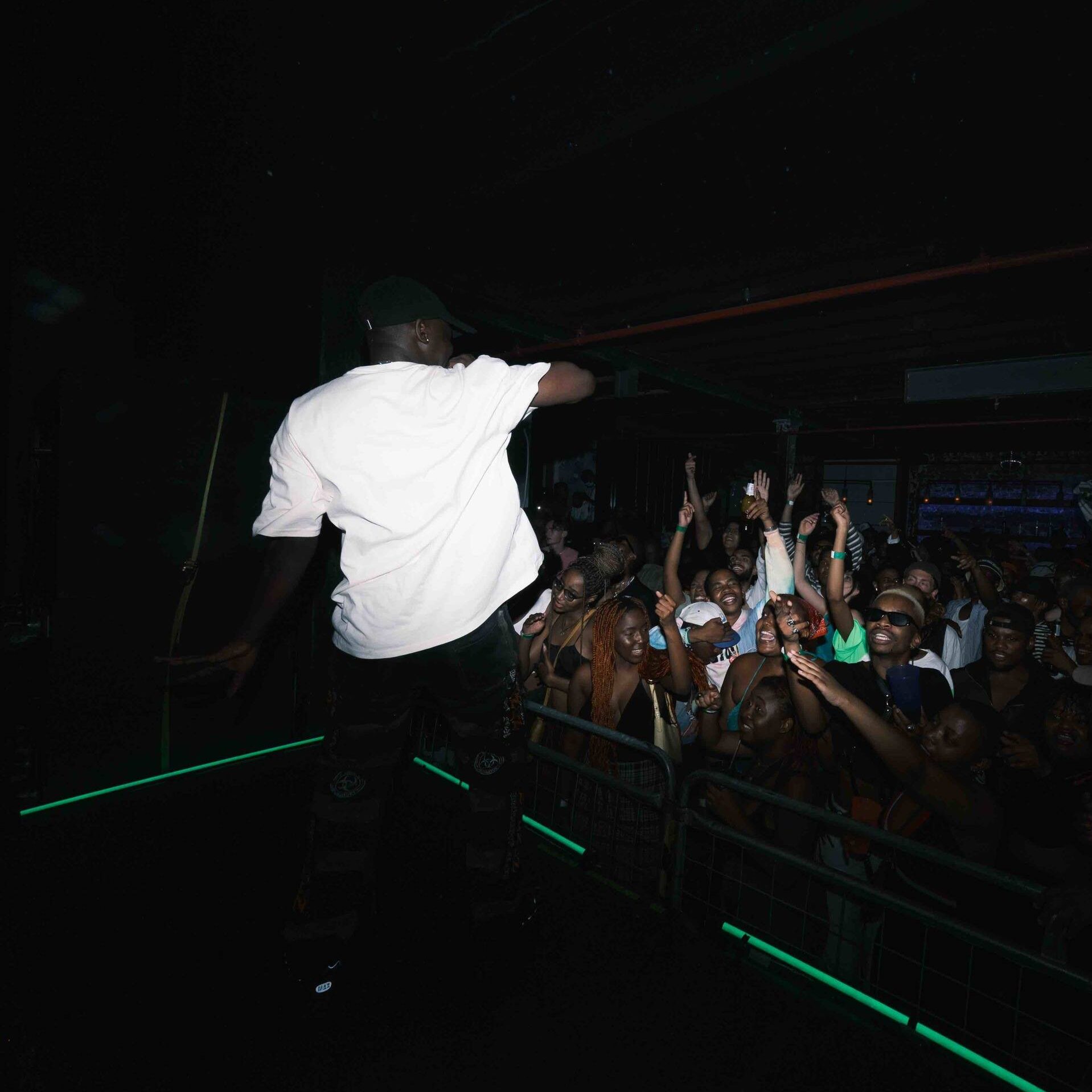
Backyard in Cape Town this December:
14 – 17 Dec : Backyard Pop-up Store at Pot Plant Club
16 Dec : Backyard Broke Klubhouse Takeover
Written by: Holly Beaton

